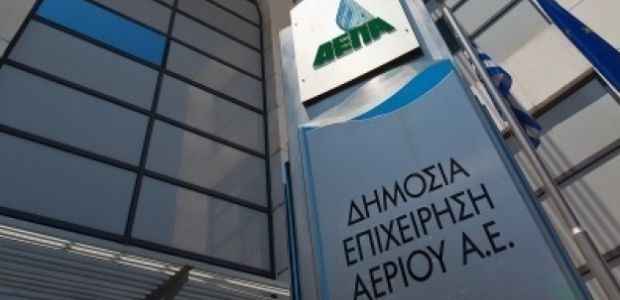Long-running negotiations between DEPA, the public gas corporation, and Shell concerning the former’s acquisition of the Dutch firm’s 49 percent share of the EPA Attiki gas supply and EDA Attiki gas distribution ventures covering the wider Athens area, have yet to be finalized but could be successfully completed within the next few days, DEPA sources have informed.
DEPA holds a 51 percent stake in these ventures and is negotiating to buy out Shell for a reported sum of 150 million euros.
The two sides are believed to have agreed on most matters but are still working on fine details concerning Shell’s full market withdrawal. DEPA is pushing for an agreement that would rule out any possibility of Shell’s eventual reentry into this market.
Sources explained it would be pointless for DEPA to pay 150 million euros now only to see the Dutch firm reemerge at some point in the future as part of a rival team.
Tax and environmental issues, concerning the existing DEPA-Shell ventures, that could arise in the future are also being closely examined.
An agreement between the two sides is expected no later than June 6. DEPA’s bailout-required privatization plan, to offer investors a 65 percent stake, is expected to be shaped immediately following the utility’s agreement with Shell.
DEPA is expected to be split into two enterprises – one to handle the networks and the other commercial matters – to be sold separately, energy minister Giorgos Stathakis and the country’s lenders appear to have agreed. This model, still unclear, needs to be fine tuned.
The Greek State is expected to keep a majority stake in the firm controlling the networks and a minority stake for the commercial firm, according to Stathakis. He has not elaborated on specific stakes.
This plan was tabled by TAIPED, the state privatization fund, not the energy minister, who proposed a far more elaborate model entailing the establishment of a listed holding company comprised of three subsidiaries to respectively handle the networks, commercial matters and international projects, including gas pipeline projects such as the IGB and IGI Poseidon. Investors would have been offered a minority stake for the first and a majority stake for the second, while the third would have remained under the holding company’s control.
The country’s lenders expressed doubts over this proposal’s feasibility and opted for the two-firm solution.





